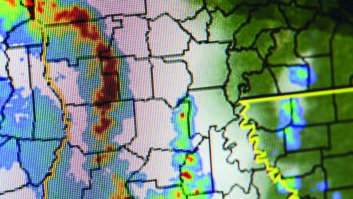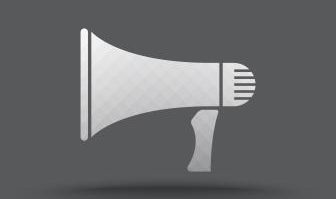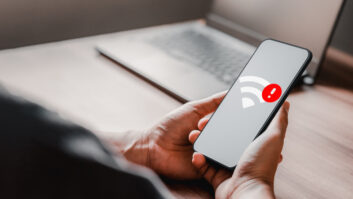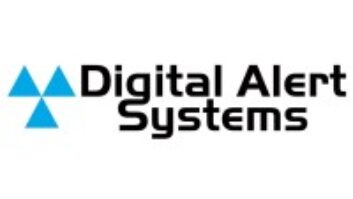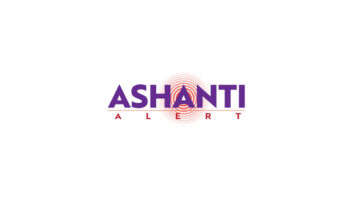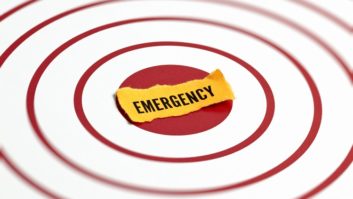The Federal Communications Commission has issued a report and order tweaking its amateur radio service rules to allow hams to transmit messages in certain circumstances during disaster drills — regardless of whether the ham is an employee of the organizations participating in the drill.
The FCC acknowledged the role that amateurs can play before and during emergencies — indeed, many governments and safety organizations make hams part of their emergency planning; and the commission agreed that Part 97 rules had prohibited communications in which an operator has “a pecuniary interest, including communications on behalf of an employer.”
In practice, this meant that hams who work for public safety agencies and hospitals —presumably the most emergency-savvy, community-minded hams — could not participate in tests and exercises without a waiver.
Public safety agencies and other first responders generally supported a rule change. Several ham groups also argued the change would help improve the skills of employees who might have to act during disasters; others felt it could increase the usefulness of programs such as the Radio Amateur Civil Emergency Service, the Amateur Radio Relay League’s Amateur Radio Emergency Service and the U.S. Department of Defense’s Military Auxiliary Radio System.
There were opponents, though.
Some felt the proposal “would erode the amateur status of the service, which is an essential characteristic of amateur radio,” according to the commission summary. Others felt it might encourage hospitals or public safety agencies to replace commercially available commercial mobile radio service equipment with ham gear, or that ham bandwidth might become “de facto emergency service spectrum.” One observer thought the change could lead to employees being coerced into using their ham privileges, possibly in prohibited ways.
The FCC said the change would not erode amateur radio. It said the new exception essentially is limited to a given drill or exercise, and that ham communications are only one component of test activities.
“Our decision reflects the practical reality that a large number of agencies and organizations at the state and local levels coordinate with their local volunteer amateur radio operators to conduct emergency drills and exercises in concert with other modes of communication, such as land mobile radio.” It called such activity “essential to allow for a practiced response on the part of the first responder community.” It also dismissed other objections, including the coercion argument: “We do not expect that employer overreaching is likely to be a problem, given that the amended rules reflect a spirit of cooperation” among the public safety and amateur communities.
To answer concerns that non-government entities like private hospitals could use this rule to pressure employees to get ham licenses or engage in questionable practices, the regulators included a time cap for non-government organizations to have hams participate in such drills.
It chose not to set out specific timeframes or other limits, leaving that to the local drill sponsors. However, “We reiterate that we do not intend to disturb the core principle of the amateur radio service as a voluntary, non-commercial communication service carried out by duly authorized persons interested in radio technique with a personal aim and without pecuniary interest,” the FCC wrote. And it emphasized that the change does not allow communications unrelated to drills and tests.
Read the report and order, which includes the new rule language.
Related:
“FCC Wants to Help Hams Participate in Disaster Drills” (March 2010)







